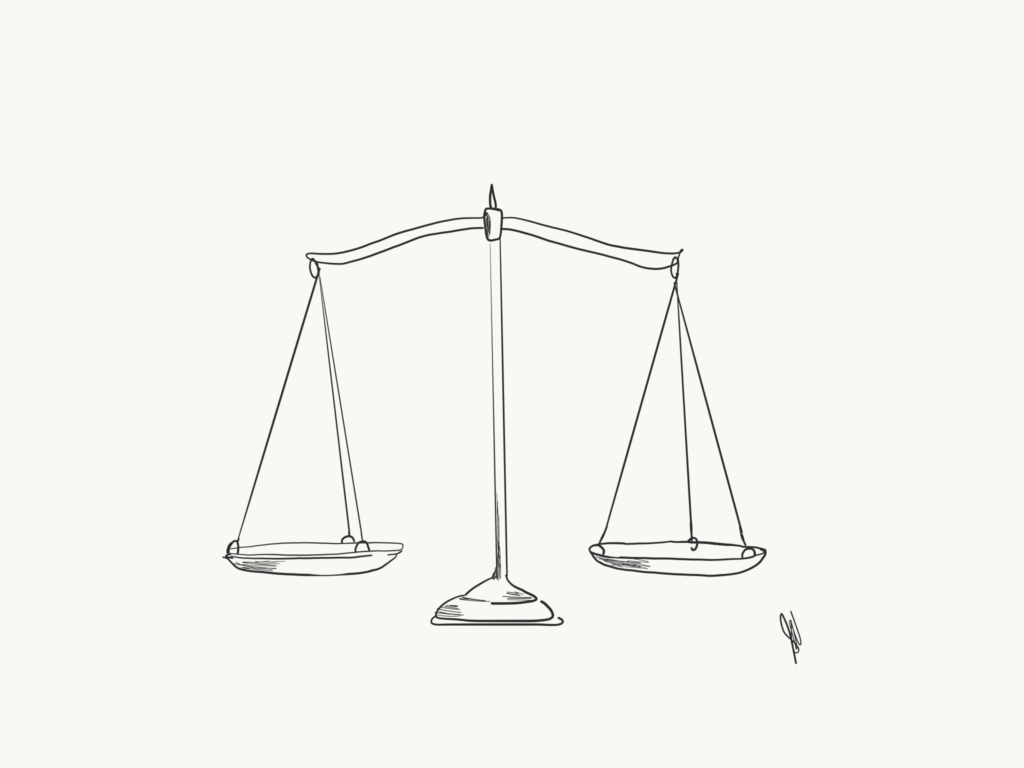According to the Oxford dictionary, a wily person is skilled at gaining an advantage, especially deceitfully.
Is it just a coincidence that the optometry store, Oscar Wylee, bears a name that sounds exactly like the word wily? (You’ll clap with me later for this serendipitous discovery—I promise.)
Months ago, this Aussie company landed in some very hot water.
Now, I know that some of you are very loyal to the brand for their up to the minute, hip and stylish eyewear designs, but just hear me out.
Those of you with big hearts were probably drawn to Oscar Wylee’s ‘Buy a pair, give a pair’ charity promotion, where it pledged to donate a pair of glasses to someone in need for every pair that it sold.
It was a campaign that made the company stand out from other eyewear brands in the market.
However, for all its advertising on its website, social media posts, emails and other promotional tools, its claim for this charitable activity was proven false.
Between January 2014 and December 2018, the company sold 328,010 pairs, but donated just 1 percent of that to charity.
Pretty wily for Oscar Wylee.
The Australian Competition and Consumer Commission (ACCC) took the case to court, asserting that the company was taking advantage of the charitable nature of its customers.
The ACCC also brought attention to the fact that Oscar Wylee deprived disadvantaged people in need of the glasses it promised in its advertising.
For Oscar Wylee’s misleading conduct and false marketing claims, it copped a whopping $3.5 million dollar fine for breaching the Australian Consumer Law. That’s more than just a slap on the wrist.
I don’t know anyone who likes to be misled.
Sometimes, my bathroom scales lie to me.
I have to wonder where the extra kilos are coming from.
But, I will not be held responsible for being related to amazing cooks that love to feed me. These wonderful people all share the same genetic defect of persistently shoveling more food onto my plate, even after I’ve only taken a few mouthfuls.
Eliminate these reasons and a bogus reading on the scales can be due to the batteries running low, or the scales not sitting perfectly flat at 180 degrees.
The only other logical explanation is that the scales are broken. (Did I break them? Gulp. . . I hope not.)
A defective scale is misleading—and very discouraging if it reads that you’re heavier than you actually are.
Look at what God thinks about defective balances.
A false balance is abomination to the Lord: but a just weight is his delight. Proverbs 11:1
For the children of Israel, God made it clear about what he expected from them in their business dealings.

Notice the arms are equal in length, with the pivot in the middle of the beam.
Some balances used bags suspended on hooks instead of pans.
A primitive balance did not have the beam pivoted on a perpendicular rod. Instead, the beam was suspended from a rope held in the hand.
A greedy merchant would use a false balance to cheat the customer. A false balance had arms of unequal length. The slightly longer arm was used for the thing to be weighed or purchased by the customer.
The false measurement tricked buyers into thinking they were getting more than they were actually receiving.
It’s disgusting to God when his children use false measurements and false advertising in commercial trade.
Thou shalt not have in thy bag divers weights, a great and a small.
But thou shalt have a perfect and just weight, a perfect and just measure shalt thou have: that thy days may be lengthened in the land which the LORD thy God giveth thee.
For all that do such things, and all that do unrighteously, are an abomination unto the LORD thy God. Deut 25:13, 15 &16
What weights did the Israelites use for their balances?
Early on, stones were used for weights, and then gradually metal weights came into use. The problem with using stones for weights was that it was easy to grind off sections or chip them.
God’s children were not to lie with their weights. They were to use consistent weights, not ones that did not conform to the standard.
They were not to have one set for buying and another set for selling, which though labelled the same were actually of differing weights.
A dishonest merchant would use the heavier weights when buying, and on the sly, switch to the lighter weights when selling. He would cheat his suppliers and customers to increase his profits.

Thou shalt not have in thine house divers measures, a great and a small. Deut 25:14
The Israelites were forbidden to use deceitful weights and measures. They weren’t even allowed to have them in their homes.
Why? It was likely, if they had them in their possession, they would be strongly tempted to use them.
These same principles of never using false measurements or lying about what is bought and sold applies to us today.
It is a call to honest business practices.
However, we don’t need corporate watchdogs like the ACCC, or industry standards, or even our nation’s laws to keep us in check.
We, as Christians, are governed by the highest ruling body—the Lord himself.
To act honestly in every aspect of our lives is both an act of loving God, and loving our neighbour.
The eyes of the Lord are in every place, beholding the evil and the good. Proverbs 15:3
Let us continue to good, because for God, a just weight is his delight.
Bibliography
Author not stated. 2020 (updated 18 September 2020), ‘Oscar Wylee penalised $3.5m for ‘buy a pair, give a pair’ charity claims’, Australian Competition and Consumer Commission. Retrieved 24 January 2021 from
Chau, D. 2020 (updated 19 September 2020), ‘Oscar Wylee fined $3.5m for making fake claims about donating glasses’, ABC News. Retrieved 24 January 2021 from
Henry, M. 1961, Commentary on the Whole Bible, Zondervan, Michigan.
The Oxford Dictionary online
Pfeiffer C, F. 1990, The Wycliffe Bible Commentary, Moody Publishers, Illinois.
The Quest Study Bible, 1994, Zondervan Publishing House, Michigan.
Unger, M.F. 1988, The New Unger’s Bible Dictionary, Moody Press, Chicago.
Walton, J. 2000, The IVP Bible Background Commentary Old Testament, IVP Academic, Illinois.



Hey miss!!
Thanks for another awesome blog. ❤️
Can’t wait for the next one!
Thanks Mel.
Hopefully, I’ll have another post this Friday on “What not to wear.”
Very informative. Indeed, we should be guided by God’s law.
Glad you liked it.